Will England’s lockdown end on 2 December? Even before this morning’s media round there was good reason to suspect it might not. The first national lockdown – we were originally told – would be for three weeks, with the explicit aim of building more capacity in the National Health Service. But the goalposts shifted and three weeks turned into more than three months: despite daily Covid deaths peaking in April, pubs and restaurants didn’t reopen until early July. Weeks later gyms and other leisure sectors followed, and public transport guidance changed to encourage employees back to their offices.
This morning, half a day after the Prime Minister laid out his four-week timeline for a second lockdown, comments from Cabinet Office Minister Michael Gove and Sage advisor Professor Sir Jeremy Farrar have called it into question, both suggesting we could be in for a repeat of lockdown extensions.
First up on the BBC’s Andrew Marr Show, Professor Farrar, Sage committee member and Director of the Wellcome Trust, refused to rule out a longer lockdown, arguing that it would be better to extend the new lockdown up to Christmas to allow a relaxation of the rules then, rather than end lockdown on the proposed date and risk infections rising:
‘We don’t know what the situation is going to be like in the last week of November and the first week of December. We all hope that four weeks is going to be enough. And we have a better chance of the four weeks being enough if we all do observe and respect the changes that have come in. If we do not see that the transmission in the community and therefore hospitalisations and tragically deaths is not coming below one, it would be much better to extend this lockdown for another couple of weeks, prior to the Christmas period, and then loosen the restrictions a little bit over Christmas so that people can meet up with their families.’
While Michael Gove was adamant to draw some distinction between his position and Professor Farrar’s on the question of lockdown extension, but also left the possibility open on the Marr show, if the rate of infection for Covid-19 does not fall adequately:
‘We need to recognise that we do need to get the infection rate, the R-rate, below one. We believe on the basis of the evidence that we have, that we will be able to do so, and that from the 2nd of December, we’ll be able to move back to a fully regional approach, a tiered approach. But obviously we will be guided by the facts and given, of course, the way in which the virus has shown a particular malignancy in the course of the last two weeks, we do need to be vigilant.’
Gove also confirmed that, as in line with the first lockdown, the 2 December was not a guaranteed end-date for the new restrictions, but rather there would be a ‘review’ to determine if England could transition from a national lockdown back into a tiered system – though for certain areas, the tier rules might still equate to significant restrictions:
‘If we ensure that all the steps that we’re taking now are taken appropriately, we’ll have an opportunity in advance of December the 2nd to review the progress that we’re making. And in advance of December the 2nd, we can then communicate to those areas where some restrictions may be required, what they will be. And also other areas where we’ve managed to beat back the virus, we can explain where liberties can be restored.’
But over on Sky’s Sophy Ridge on Sunday, Gove was even more explicit about the possibility of a lockdown extension, confirming ‘yes’ when Sophy Ridge asked if ‘the national lockdown could be extended.’
It’s not just comments from government or Sage representatives this morning that would indicate a longer lockdown. On the Marr show Labour Leader Sir Keir Starmer confirmed his support for the Government’s plan to lock down England, noting Labour ‘will ask people to comply with the lockdown.’ But there were conditions attached:
‘The government has to keep its side of the bargain here, because if they don’t use this time to fix ‘test, trace and isolate’ then I think the 2nd of December will be a review date, not an end-date, because for months and months and months, they’ve promised a world beating test, trace and isolate system, which is vital.’
Given the substantial U-turns and failures of the track and trace system in the last six months, it remains deeply unlikely that it will transform into the ‘world-beating’ system once promised by the Prime Minister in a matter of weeks. Nor has the government cited improving its testing, tracing and isolating measures as its main reason for locking down. Regardless, there appears to be unity between the government, its opposition and Sage that lockdown could and potentially should be extended.
What’s more, the models which have persuaded the government to lock down for a second time suggest England won’t reach peak hospitalisations until mid-December, with daily deaths peaking at the end of that month. Regardless of where the R-rate sits on 2 December, it is hard to imagine the government lifting lockdown measures while hospitalisations are still on the rise. Of course, the models could be wrong. But the combination of these varying factors increase the likelihood of a postponed end-date – even if capacity is not an issue and the virus appears more under control, optics alone could keep us ‘staying at home’ for longer than suggested yesterday.
Got something to add? Join the discussion and comment below.
Get 10 issues for just $10
Subscribe to The Spectator Australia today for the next 10 magazine issues, plus full online access, for just $10.


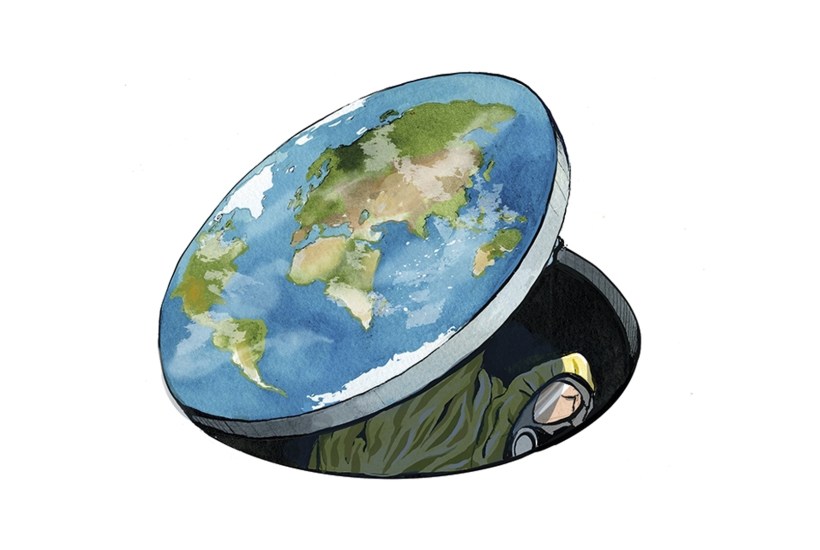
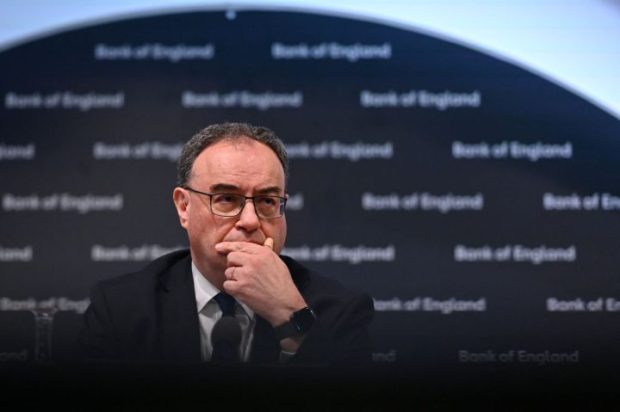
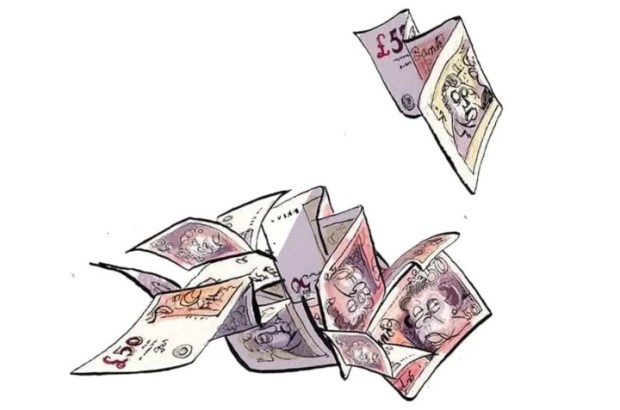
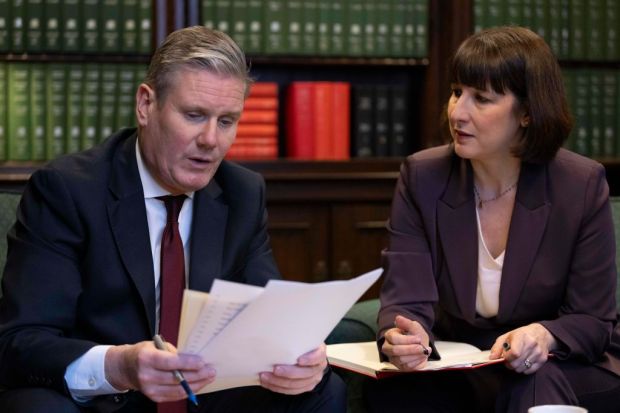
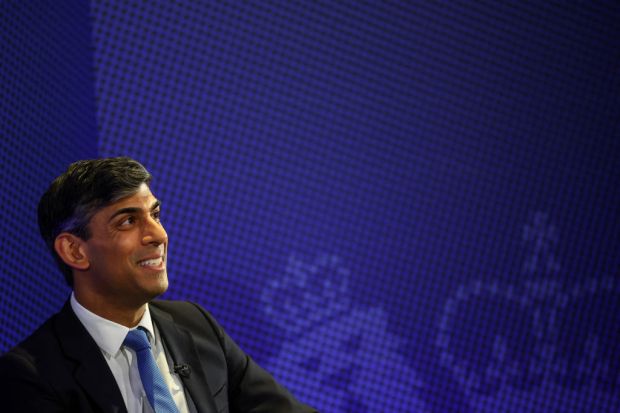













Comments
Don't miss out
Join the conversation with other Spectator Australia readers. Subscribe to leave a comment.
SUBSCRIBEAlready a subscriber? Log in